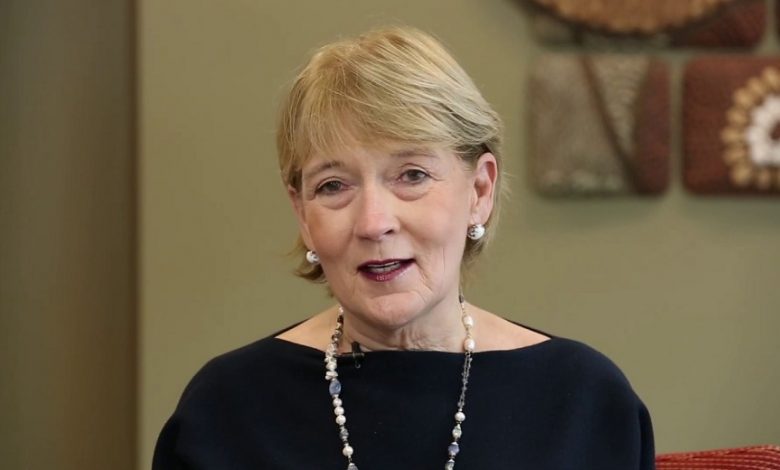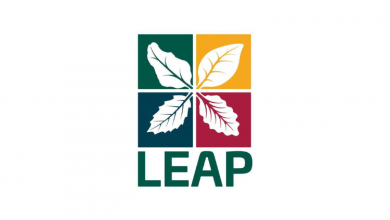Records indicate that Carilion’s CEO salary tops $2 million

In 2019 and 2020, Carilion Clinic paid CEO Nancy Agee more than $2 million annually, according to salary reports.
Hannah Curtis, a spokeswoman for the health system, said that the executive’s pay was cut from about $2.6 million in 2019 to $2.12 million the following year to save money during the pandemic.
Agee has helmed the health system since 2011, when Carilion paid her $1.48 million to assume this position.
Carilion’s executive remuneration is recommended or established by a compensation committee. Because Carilion is a private company, its board and committees are permitted to meet in secret, and both do so. As a non-profit, it has to send the IRS Form 990 every year with specific financial information, such as a list of its highest-paid employees.
The publicly published compensation data for highly compensated individuals includes basic salary, bonuses, deferred compensation, and additional remuneration that is not mentioned. This article combines these subcategories into a single figure.
According to an informal review of web data, CEO compensation for nonprofit health care organizations in Virginia is generally between $1 million and $2 million, while bigger systems such as Carilion pay more.
Howard Kern, CEO of Sentara Healthcare in Norfolk, received $8.1 million in 2019, according to public records. Kern oversees a system that is far bigger than Carilion’s.
According to the most recent IRS filings, CEO compensation in the nonprofit health care industry in Virginia includes $1,8 million at Valley Health System in Winchester, $1,4 million at Riverside in Newport News, and $1,3 million at Mary Washington Healthcare in Fredericksburg.
While Agee was the highest-paid employee in the Roanoke hospital system, six other Carilion employees, most of whom are doctors, also earned more than $1 million. Jonathan Carmouche received $1.55 million, Gregory Howes received $1.4 million, Eric Marvin received $1.29 million, Joseph Moskal received $1.16 million, Adeolu Olasunkanmi received $1.13 million, and Jesse Stem received $1.07 million.
Carilion expects its operational income or profits for the current fiscal year to go down because the government is getting rid of programs that helped it.
In its most recent filing with the Internal Revenue Service, the health system disclosed audited financial statistics and additional details of financial troubles caused by the epidemic, which led to the cancellation and delay of non-emergency services, strained supply chains, and weary personnel. The health system is losing money due to these impacts, which are exacerbated by inflation, and might report an operational deficit for the 12-month fiscal year ending September 30, according to authorities.
The complete results for this fiscal year will not be released until the next set of financial records is published, which is expected in roughly a year.




